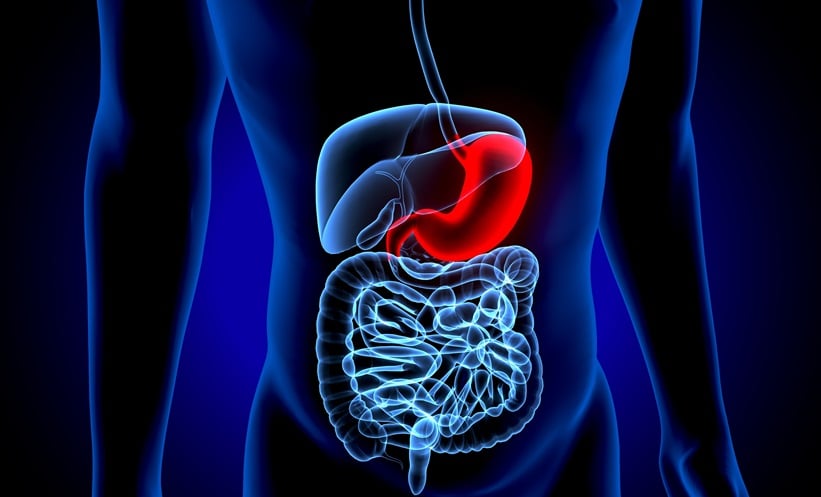A 10-YEAR study has found a significant link between gastric intestinal metaplasia (GIM) and gastric cancer (GC) in a predominantly Caucasian-American population, highlighting the need for regular endoscopic monitoring even among groups traditionally considered at lower risk for GC.
Conducted at a tertiary-care medical centre in Virginia, USA, the study analysed data from 1,743 patients, including 674 with GIM and 1,069 with normal gastric biopsies. Patients with GIM were older (mean age 61 versus 51 years) and more likely to be male (48.6% versus 41.3%). Helicobacter pylori infection, a known GC risk factor, was present in 17.5% of GIM patients but absent in controls.
Over a mean follow-up of 9.1 years for the GIM group and 10.2 years for controls, GC was diagnosed in 2.4% of patients with GIM compared to just 0.1% of controls, a statistically significant difference (P<0.0001). On average, GC developed 3.9 years after GIM diagnosis. Among patients with GC, 82% were Caucasian, 56.3% were male, 54% were smokers, 53% consumed alcohol, and 25% had a history of H. pylori infection. Notably, none of the patients with GC reported a family history of the disease.
The study highlighted the independent role of GIM in GC development. On multivariate analysis, GIM was associated with an 18.6-fold increased risk of GC (HR: 18.6, 95% CI: 2.3–153.7, P<0.007), while H. pylori showed a weaker correlation.
This study challenges previous assumptions about GC risks in Western populations, particularly among Caucasian Americans. While GC incidence has been historically lower in this group compared to minorities, the findings reveal a clear progression risk in GIM cases, calling for regular endoscopic surveillance. Researchers emphasised the relatively short interval between GIM and GC diagnoses, highlighting the importance of proactive monitoring for early detection and intervention.
Ada Enesco, EMJ
Reference
Mahmoud T et al. Gastric intestinal metaplasia is associated with the development of gastric cancer in a western population primarily consisting of Caucasian Americans: a 10-year follow-up study. Abstract Mo1230. DDW2024, 18–21 May, 2024.








